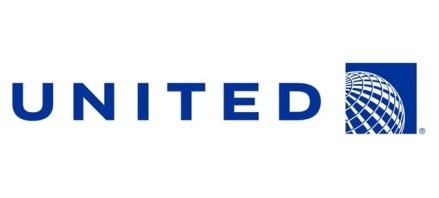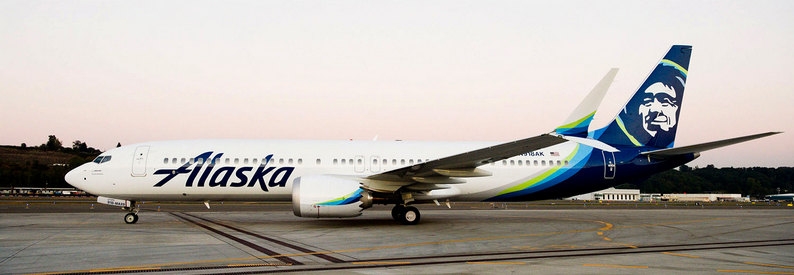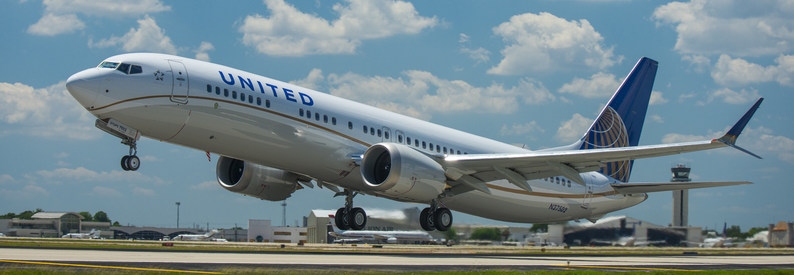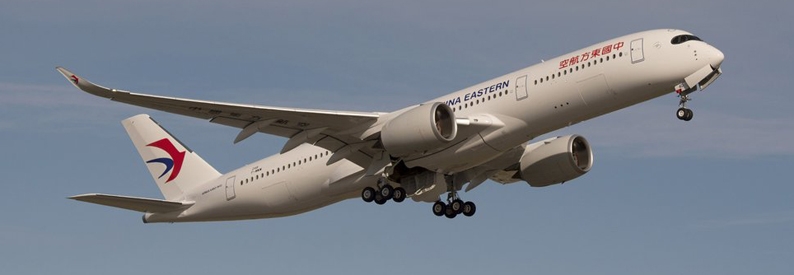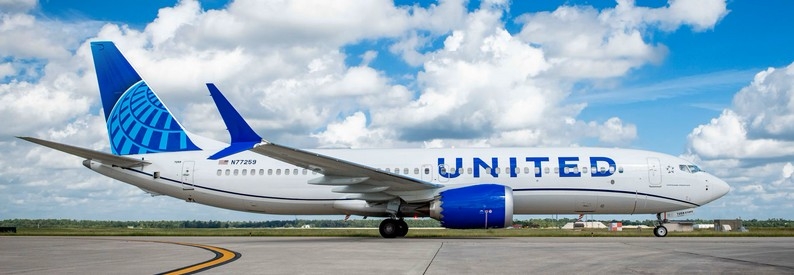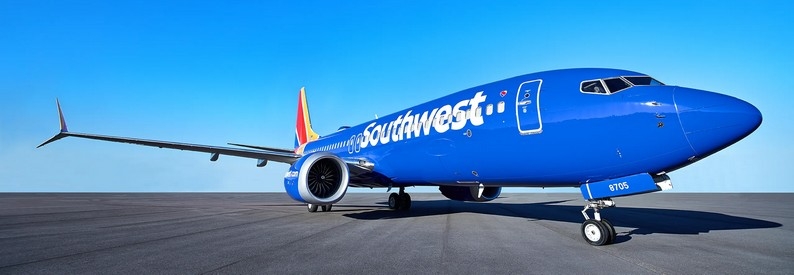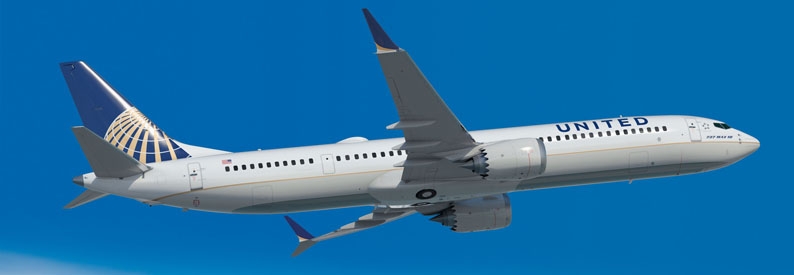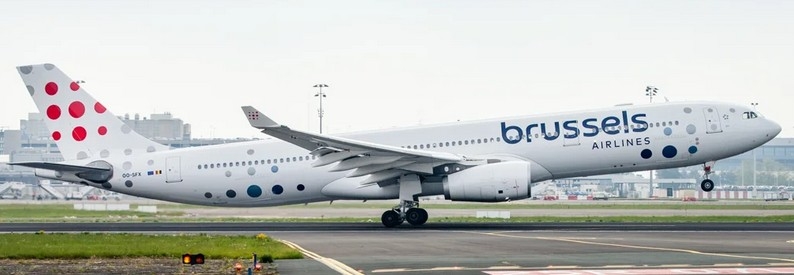United Airlines (UA, Chicago O'Hare) is investing USD100 million to expand its Denver pilot training centre amid a hiring spree of 10,000 more pilots by 2030, the airline announced.
Already considered one of the biggest facilities of its kind, the airline will add a four-story building to its 23-acre campus in Denver’s Central Park that will house 12 additional advanced flight simulators, training classrooms, conference rooms, and offices. The facility already spans seven buildings across 51,000 sqm of training space. The airline’s 12,000 pilots must visit the training centre every nine months to remain current on their certifications. Up to 600 pilots train at the facility at any given time.
The campus currently has 39 full-motion flight simulators and 15 fixed training devices. With the expansion it will have 52 full-motion simulators and 28 fixed training devices.
The investment comes amid the airline’s aggressive plan to recruit and train thousands of pilots in the next decade. The company expects to add more than 2,000 new pilots this year and is on track to hire 10,000 pilots by 2030. It plans to train around 5,000 pilots by that date through the United Aviate Academy, its own pilot training school.
The news comes amid one of the worst pilot shortages in the United States in recent times that is forcing airlines to cut flights just as travellers are returning after more than two years of the COVID-19 pandemic.
“The pilot shortage for the industry is real, and most airlines are simply not going to be able to realise their capacity plans because there simply aren’t enough pilots, at least not for the next five-plus years,” United Airlines Chief Executive Officer Scott Kirby said on a quarterly earnings call in April. He estimated that its regional airline partners had about 150 aircraft grounded because of the pilot shortage, reported CNBC News. United Airlines itself last year grounded 100 regional jets because of pilot shortages and discontinued service to an unspecified number of cities.
Earlier this year, Delta Air Lines and American Airlines were forced to cut regional flights due to pilot shortages. Delta expects to add 100 to 200 pilots a month into next year, according to Chief Executive Officer Ed Bastian, Bloomberg reported.
The shortage is most felt amongst regional carriers including Cape Air, Horizon Air, and Mesa Airlines, and to a lesser degree at mid-tier carriers like Alaska Airlines and JetBlue Airways. Their pilot pool has been drained as the US's larger carriers replenish their cockpit crews from their ranks after thousands of senior pilots at major carriers took early retirement during the pandemic.
Southern Airways Express on-boarded more than 150 new pilots last year. Chairman and Chief Executive Officer Stan Little told ch-aviation the pilot shortage was filtering through from small aircraft operators to regional jet operators to mainline airlines. “For every two or three pilots I hire, I’m losing one that’s going up the escalator in his or her career."
